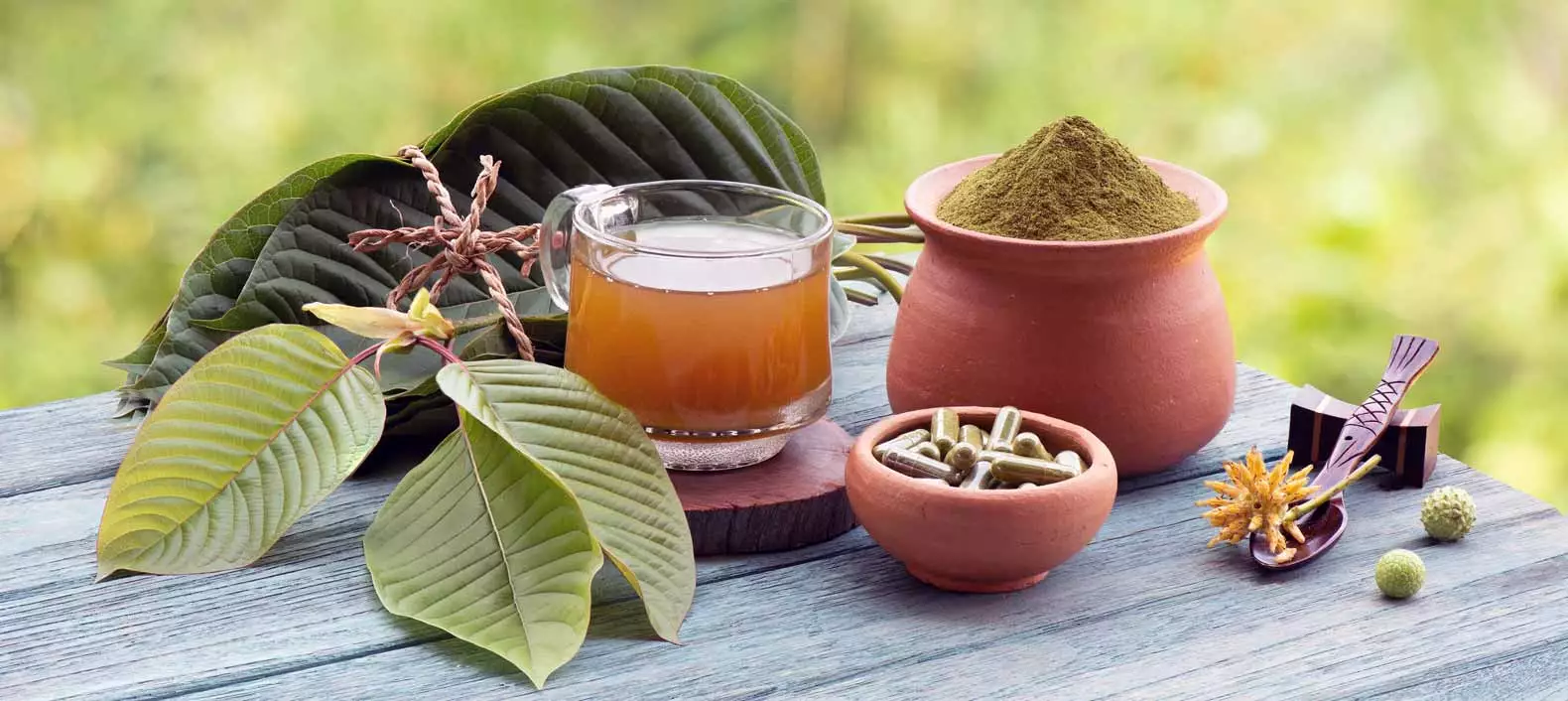
Restorative sleep is crucial for maintaining overall health and well-being, yet many individuals struggle to achieve the deep, rejuvenating sleep they need. Kratom, a natural herb native to Southeast Asia, has gained recognition for its potential to promote restorative sleep, offering a natural alternative to conventional sleep aids.
Kratom’s Sleep-Promoting Properties
Kratom’s ability to enhance restorative sleep can be attributed to its unique alkaloid profile. The two primary alkaloids found in kratom, mitragynine and 7-hydroxymitragynine, interact with the body’s opioid receptors, producing calming and sedative effects.
These alkaloids have been shown to influence the levels of various neurotransmitters in the brain, including serotonin and dopamine, which play a crucial role in regulating sleep. By promoting relaxation, reducing anxiety, and inducing a sense of calm, kratom creates an ideal environment for restorative sleep.
Choosing the Right Strain for Restorative Sleep
Different strains of kratom can have varying effects on sleep quality and restorative properties. Red vein kratom strains, such as Red Bali or Red Borneo, are particularly well-suited for promoting restorative sleep due to their higher concentrations of 7-hydroxymitragynine, the alkaloid responsible for the more potent sedative effects.
When selecting high quality kratom for sleep, it’s essential to consider factors such as the strain’s alkaloid profile, potency, and user reviews. Experimenting with different strains and dosages can help individuals find the optimal combination for their specific sleep needs and achieve the most restorative sleep possible.

Dosage and Timing for Optimal Results
Finding the right kratom dosage is crucial for achieving the desired restorative sleep benefits. It’s generally recommended to start with a low dose, around 2-3 grams, and gradually increase if needed until the optimal dosage is found.
Timing is also an important factor when using kratom for restorative sleep. Taking kratom about an hour before bedtime allows the alkaloids to take effect and promote deep relaxation, setting the stage for a night of restorative and rejuvenating sleep.
Creating a Sleep-Friendly Environment
While kratom can be a valuable tool for promoting restorative sleep, it’s equally important to create a sleep-conducive environment. Establishing a consistent sleep schedule, avoiding electronic devices before bedtime, and ensuring a comfortable sleeping space can enhance the effectiveness of kratom in facilitating restorative sleep.
Engaging in relaxation techniques, such as deep breathing exercises or gentle stretching, can further promote a sense of calm and prepare the body and mind for a night of deep, restorative rest.
Safety and Responsible Use
As with any substance, it’s essential to approach kratom use with caution and responsibility. Purchasing high-quality kratom from reputable sources ensures purity and potency, minimizing the risk of contaminants or adverse effects.
It’s also advisable to consult with a healthcare professional before incorporating kratom into a sleep regimen, especially for individuals with underlying health conditions or those taking medications that may interact with kratom.
Conclusion: Harnessing the Power of Kratom for Restorative Sleep
Kratom has emerged as a promising natural solution for individuals seeking to achieve restorative sleep and wake up feeling refreshed and rejuvenated. By understanding kratom’s sleep-promoting properties, choosing the right strain, and finding the optimal dosage and timing, individuals can harness the power of this ancient herb to unlock the benefits of restorative sleep.
As with any substance, responsible use and consultation with a healthcare professional are essential to ensure safety and effectiveness. With further research and responsible use, kratom may offer a valuable tool for promoting restorative sleep and improving overall quality of life.






